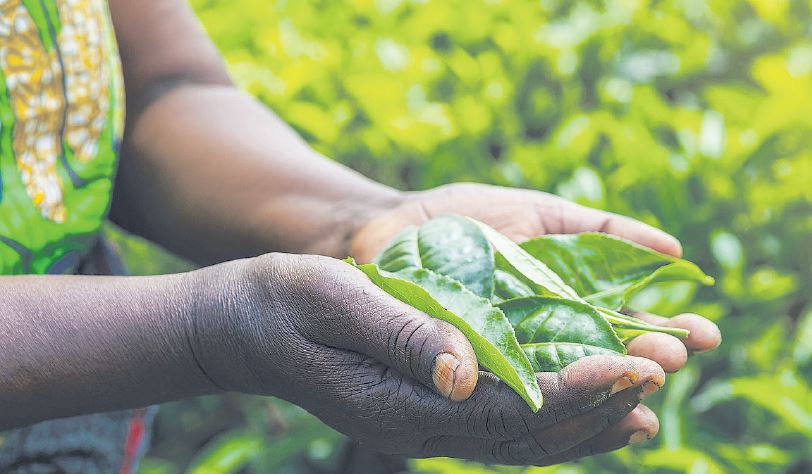×
The Standard e-Paper
Home To Bold Columnists

Cautious optimism greeted President Uhuru Kenyatta’s stimulus package for Mt. Kenya, announced during his address to the nation, that gave directives on agriculture reforms topped with a financial package.